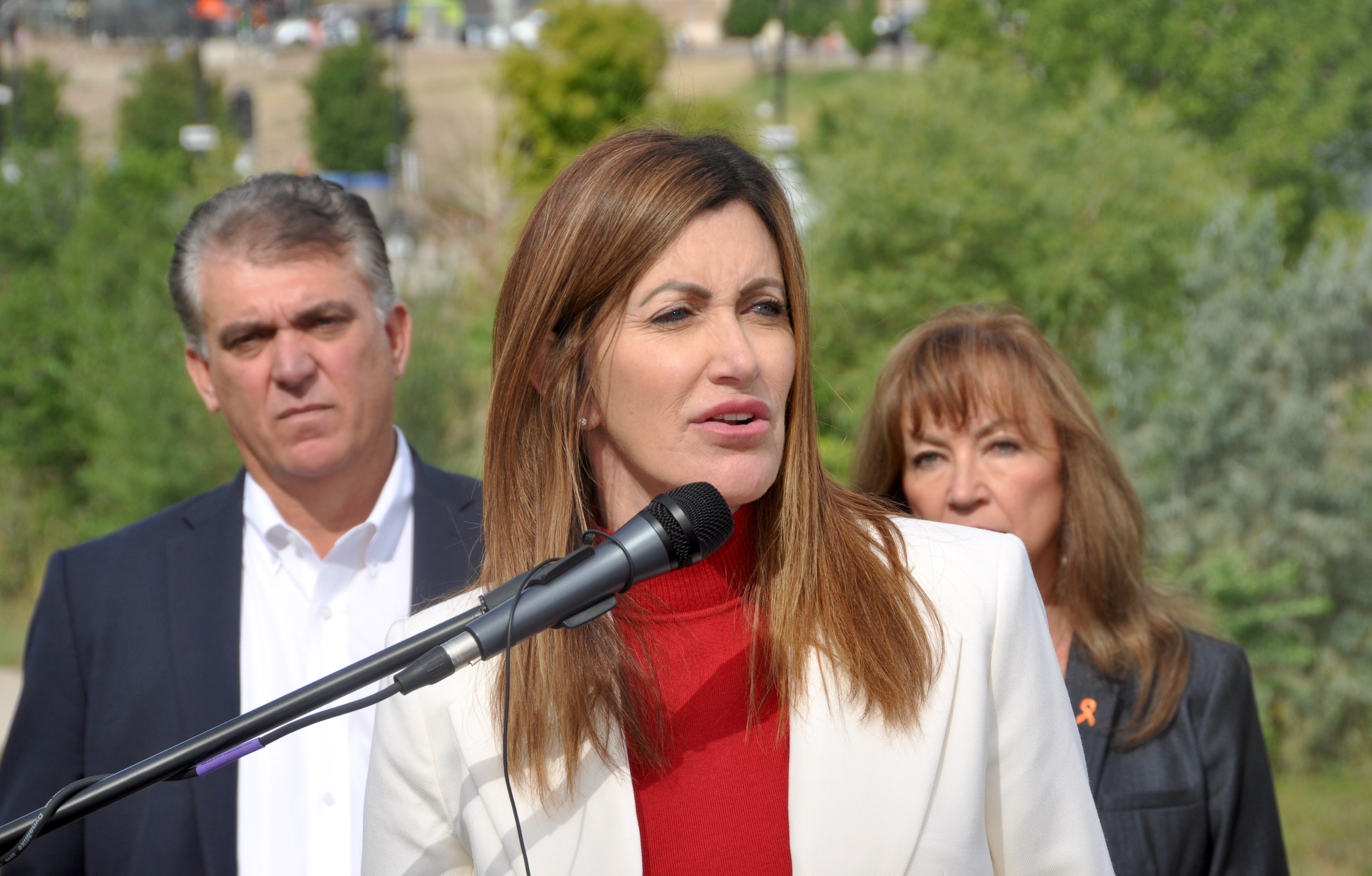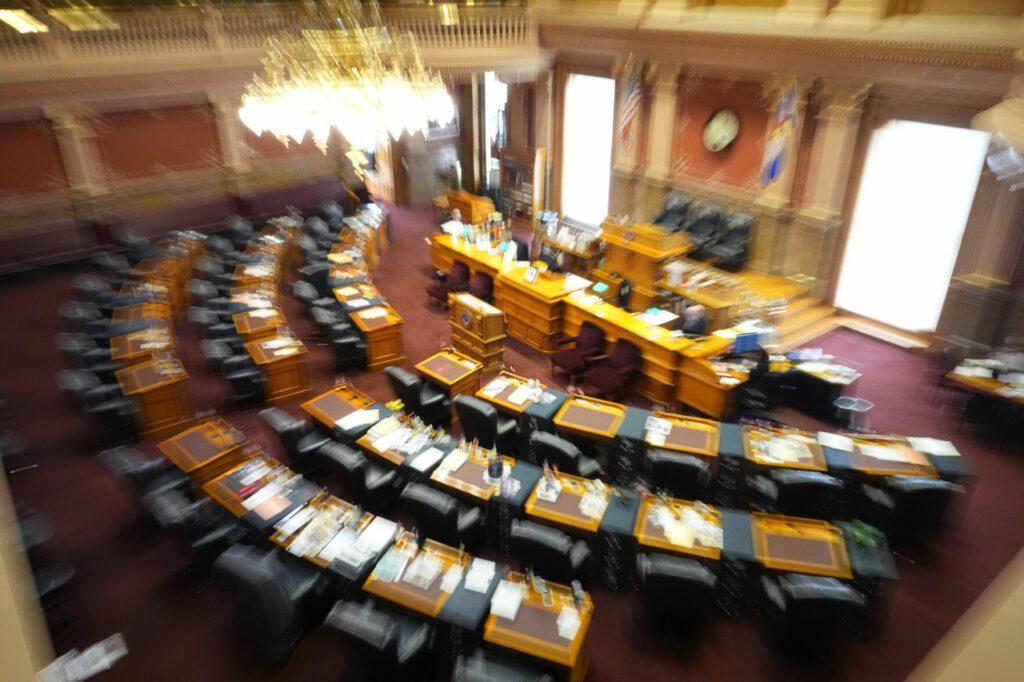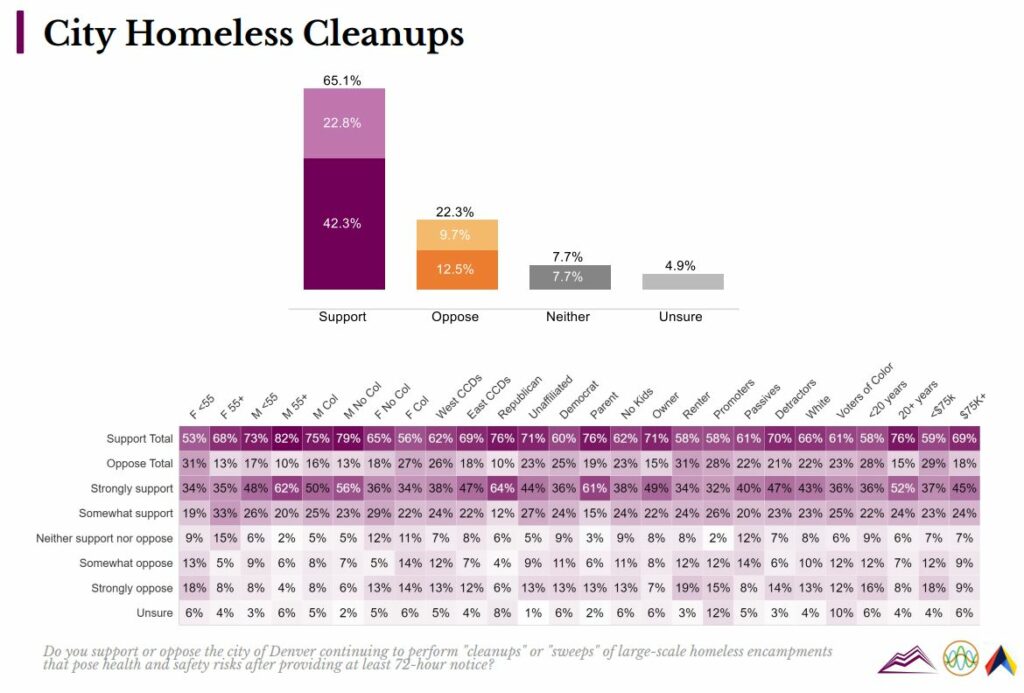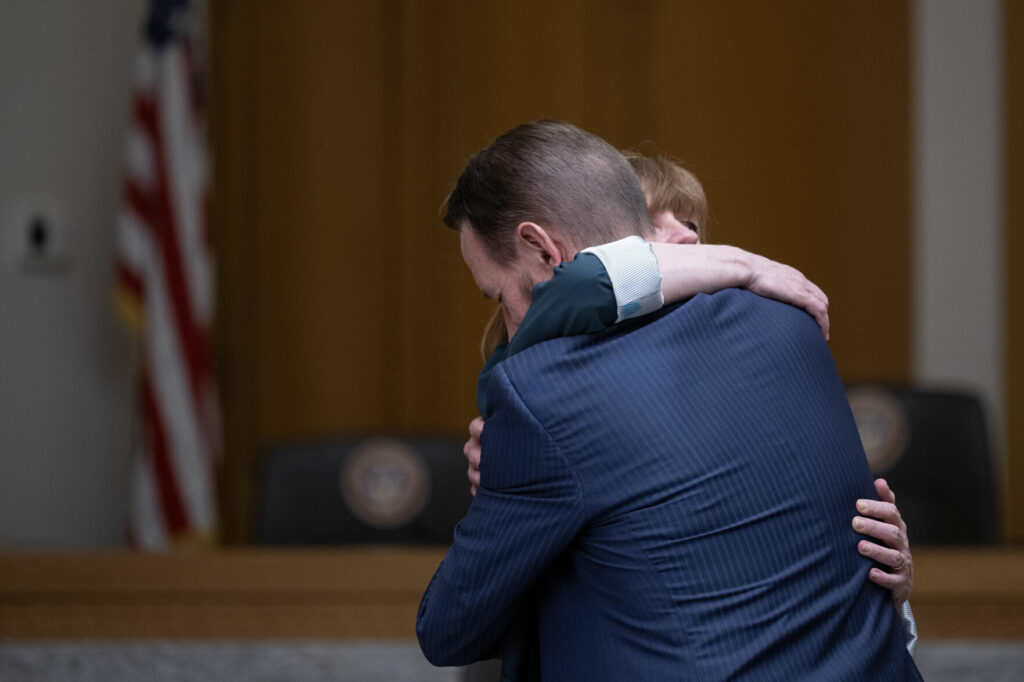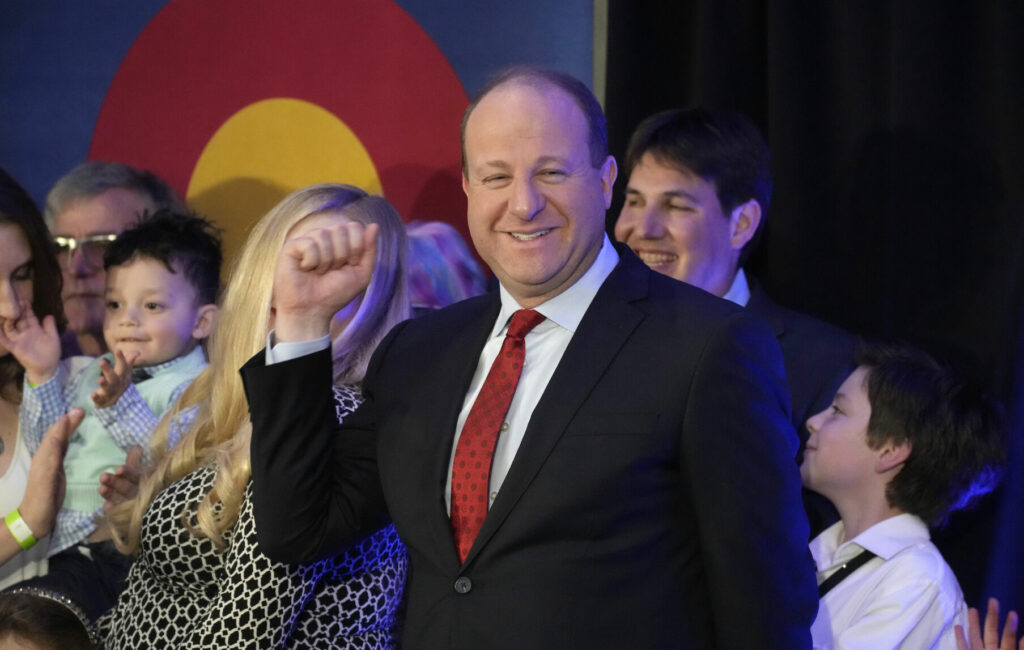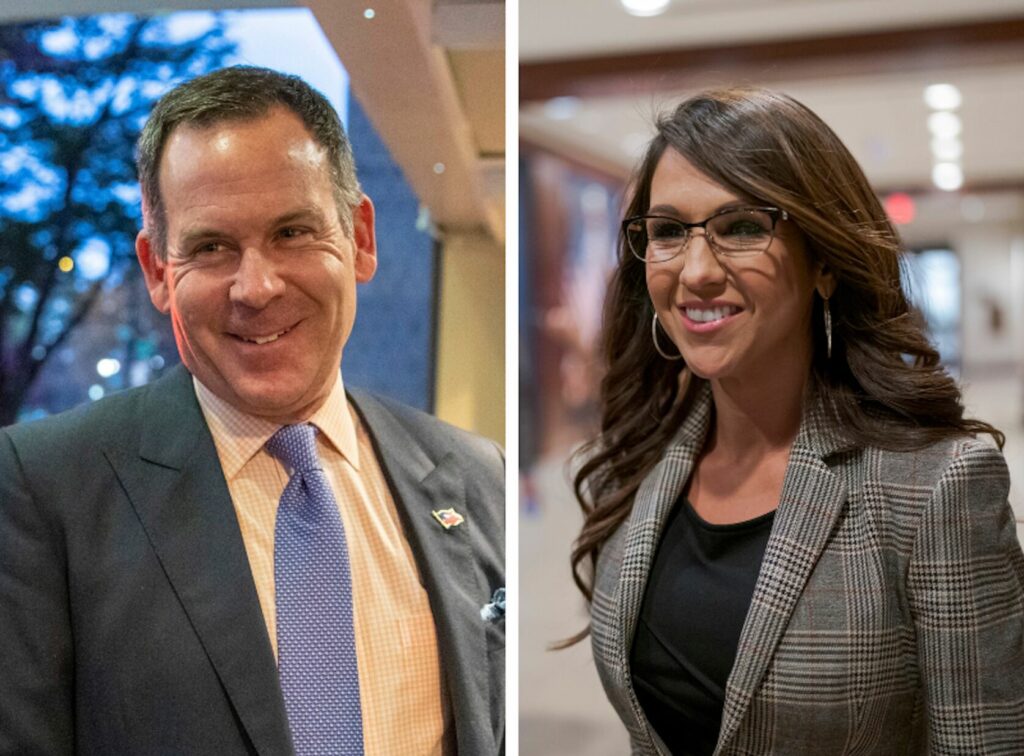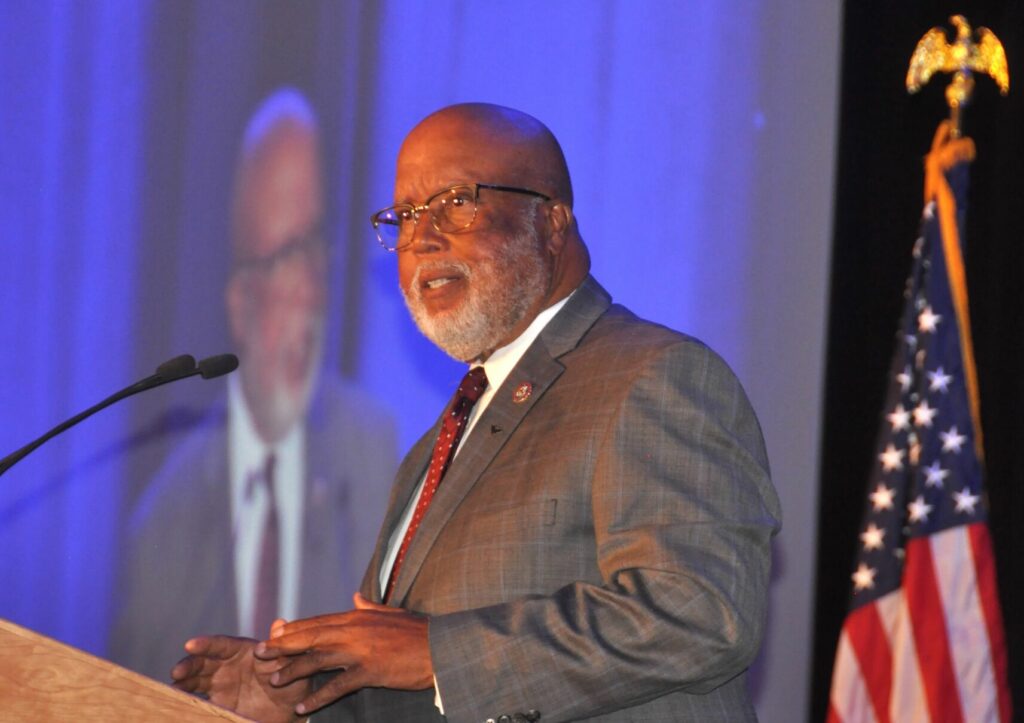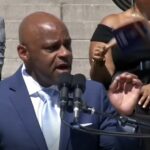Ganahl tax plan involves ‘some pain,’ but ‘great starting point,’ Republican budget writer says
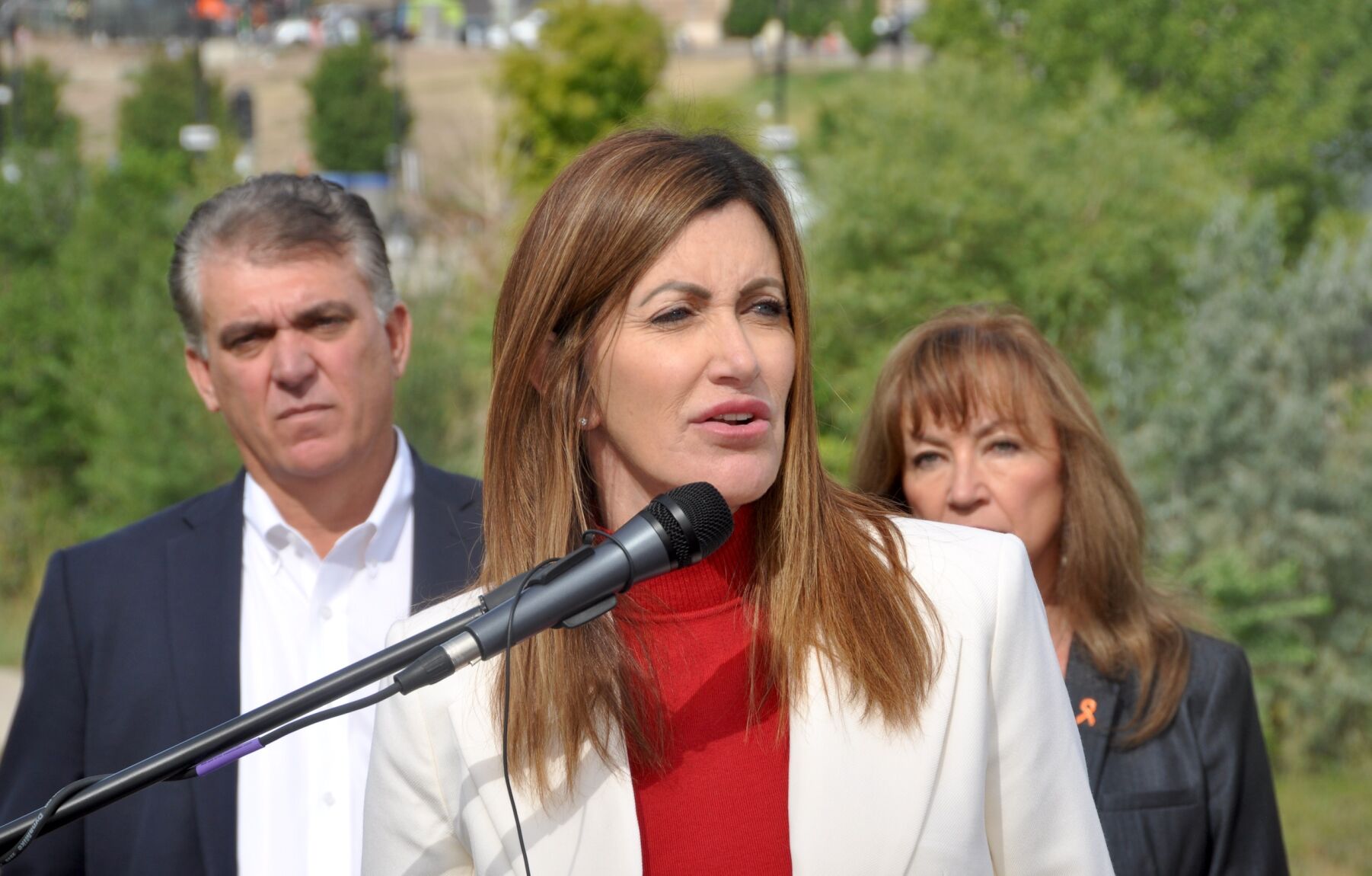
Republican gubernatorial candidate Heidi Ganahl’s plan to eliminate Colorado’s income tax includes cutting the size of state government by 10% every year and asking voters to convert billions of dollars in fees collected annually by the state into taxes, according to an outline of the plan released by her campaign over the weekend.
The plan also includes a hiring freeze across state government, abolishing hundreds of tax breaks for businesses and individuals and cutting “waste and fraud” from government operations.
The University of Colorado regent, who hopes to deny Democratic Gov. Jared Polis a second term, says she expects to increase revenue by attracting new businesses to the state.
One of the General Assembly’s leading Republican budget experts told Colorado Politics that Ganahl’s plan has plenty of good ideas but cautioned that it will involve “some fairly dramatic cuts” and require the cooperation of state lawmakers and voters.
The head of a left-leaning economic think tank, meanwhile, dismissed Ganahl’s proposal as “campaign rhetoric completely divorced from the realities of governing.”
For months, Ganahl has said she intends to take the state to “zero income tax” and cut the state gasoline tax in half, though until an appearance in Denver on Friday, Ganahl hadn’t elaborated on how either plan would work.
During a heated exchange with the moderator at a candidate forum, Ganahl defended her plan and spelled out most of its elements. Later that night, her campaign posted a brief document describing the proposal on her campaign site.
Ballots start going in the mail to most Colorado voters in two weeks.
Income tax accounts for roughly one-third of the state’s annual budget, with the remainder coming from federal funds, fees and cash payments to the state, including tuition paid by students at state colleges and universities.
“I’m all about going big,” Ganahl said Friday at a forum sponsored by business group Colorado Concern. “I don’t nibble around the edges. And we’ve got a big problem here in Colorado: The size of government is too big, taxes are too high, regulations are too burdensome. We’ve got to unleash our economy.”
Pressed to defend her campaign promises by moderator Dean Singleton, the former owner and publisher of The Denver Post, Ganahl waved off his concerns.
“You still haven’t told us how you are going to run the government with no state income tax and with half of the gasoline tax,” Singleton said. “It makes a good soundbite, but for most of us who understand state government, it’s just total bulls***.”
“Well, a lot of people across Colorado think the government is just total bulls*** right now, Dean,” Ganahl responded, adding that the state will “refill the coffers” with new businesses and industries, the way, she contends, other states that don’t collect individual income tax have done.
“There’s a lot of ways we can chip away at this over eight years,” she said. “I feel very confident that we can do this.”
In the document on her campaign website, Ganahl said she wants to ask voters to “approve or remove the fees Jared Polis has burdened the people of Colorado with. If approved, the revenue goes to the general fund. If not approved, they are removed from the budget entirely.”
Ganahl’s campaign didn’t respond to requests for details about the proposal or how she plans to implement it.
Polis, who appeared separately at the same forum, has said he would like to replace the state’s income tax with other taxes. On Friday, he said Ganahl’s proposal to cut the gasoline tax in half would do away with dedicated funding for the Colorado State Patrol and other programs.
Asked to review Ganahl’s income tax and budget plan on Monday, state Sen. Bob Rankin, a Carbondale Republican and the senior member of the legislature’s powerful Joint Budget Committee, said he hadn’t discussed it in detail with Ganahl but liked what he saw.
Calling the proposal “ambitious,” Rankin added, “Anything’s doable, but it would result in some fairly dramatic cuts and there would be a lot of work entailed. There would have to be a lot of legislation to support that. You can’t do that based on executive action.”
Democrats control both chambers of the state legislature, though Republicans hope to win control of the state Senate in the November election, which would give the party a stronger voice in budget negotiations.
Rankin said the state budget’s recent growth surge – fueled in part by a massive influx of federal funds in response to the pandemic – provides room to start cutting back like Ganahl is proposing, though Rankin said he’s concerned about keeping state employee salaries and service provider payments high enough that the state can maintain its work force.
“She ‘s talking bout cutting actual services, actual programs to get there,” he said. “There would be some amb, that’s for sure. But I think it’s a great starting point.”
Rankin said that enacting Ganahl’s plan could give the state’s recently adopted “evidence’ based budgeting” procedure a good workout.
“You have to spend some time looking at the programs,” he said. “I’d set up some priorities for those the administration thinks are suspicious – do they work or don’t they work? That would be a pretty transparent and painstaking process, but that’s the way I would do it, line by line.”
Rankin noted that the vast bulk of state spending falls in a handful of categories – education, health care, human services and corrections.
“That’s where most of the money is, and that is where the difficulty is trying to cut state budgets or not grow them – you really have to go inside those programs and see what you can do,” he said. “There’s a lot of programs, a lot of lobbyists and a lot of people that depend on the flow of the money that comes from them. A lot of our programs have really good intentions, and it’s difficult on a compassionate basis to argue against them, so we would have to base it on performance evidence.”
Added Rankin: “I’m a conservative, and I have seen a lot of growth of government. We do add functions to government all he time. … I think we’re doing great things at the local level. I have questioned the growth of headcount in the state government and whether that’s as effective as a lesser amount of money allocated to local government.”
Scott Wasserman, president of the left-leaning Bell Policy Center, an economic-focused think tank in Denver, said Ganahl’s plan is “not a serious policy document.”
It’s impossible to take Ganahl’s proposal seriously unless she specifies which programs she wants to cut, which she hasn’t done, he said.
“These are very broad statements,” he said, adding, “in many cases, this stuff has been tried or debated already, and it doesn’t work.”
Wasserman also dismissed the candidate’s references to states without income tax as lacking context, noting that Ganahl doesn’t mention that those states either rely on substantial oil and gas revenue or have much higher property or sales taxes than Colorado.
“In Colorado, precisely because of TABOR, every voter is the decider,” Wasserman said, referring to the constitutional Taxpayer Bill of Rights, which limits state revenue growth and requires voter approval of tax increases, among numerous other provisions.
“Coloradans deserve really well informed positions. People in Colorado are well aware of financial issues – even if it’s a campaign promise, it deserves some intellectual integrity,” he said.
